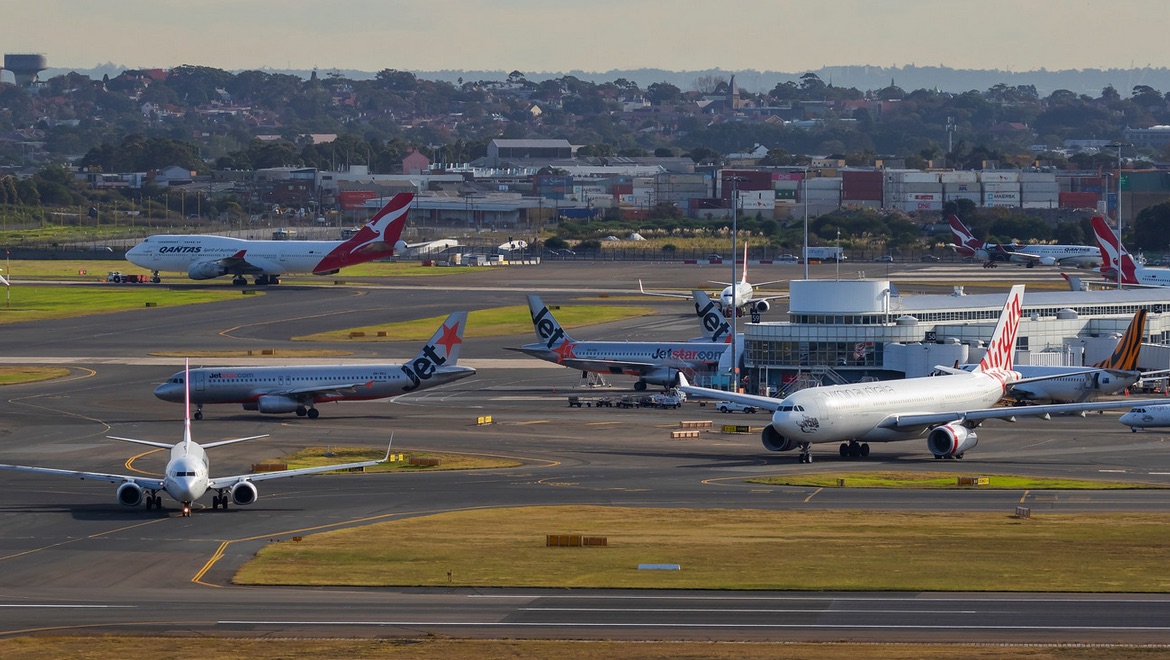
International Air Transport Association (IATA) director general and chief executive Alexandre de Juniac has expressed disappointment with the Australian government’s decision to maintain the status quo on airport regulation.
On Wednesday, Deputy Prime Minister and Minister for Infrastructure, Transport and Regional Development Michael McCormack and Treasurer Josh Frydenberg said the federal government has accepted the findings of a Productivity Commission inquiry that there was little need for change in the way Australia’s airports were regulated.
The two ministers said in the government’s formal response to the inquiry that the current arrangement had provided the certainty that supported airport investment.
“The Australian Government concurs with the PC’s view that the existing airport regulatory framework remains fit for purpose and that there is no current justification for significant change to the current form of ‘light handed’ economic regulation of aeronautical services established under the Airports Act 1996,” the pair said.
The decision to back the Productivity Commission’s conclusions represented a rejection of the airlines’ proposed negotiate-arbitrate scheme to resolve pricing disputes between airlines and airports.
IATA too had backed the efforts of lobby group Airlines for Australia and New Zealand (A4ANZ) and previously expressed surprise and concern at the Productivity Commission’s findings.
Further IATA cited what it claimed were shortfalls in the analysis and approach taken by the Productivity Commission to reach its conclusions.
de Juniac said IATA would continue to advocate for change to the so-called light touch regulatory arrangements for Australia’s airports.
“We always take Australia as the bad example for airport privatisation,” de Juniac told reporters on the sidelines of the IATA global media days in Geneva on Thursday (European time).
“We are very disappointed that the government is not putting together a regulatory framework and a regulatory body.”
de Juniac described Australia as the only place in the world where the chief complaint was not about insufficient regulation of privatised monopoly airports, but the absence of any meaningful regulation at all.
“In many countries we are complaining about a lack of regulation or not enough regulation. But I think no regulation at all, that’s the only case,” de Juniac said of Australia.
“The regulation of airports is a difficult issue. We have these difficulties everywhere because it is not easy and we haven’t found the ideal system of regulation.”

In addition to agreeing with the Productivity Commission’s conclusions that a negotiate-arbitrate framework was no needed, the federal government also accepted a recommendation from the final report to strengthen the Australian Competition and Consumer Commission (ACCC) monitoring regime to “enhance transparency over airports’ operations and to more readily detect the exercise of market power”.
The recommendation called on the ACCC to receive a broader range of financial information, such as from aeronautical, car parking and landside access and services, and more transparency in airport performance data.
The Board of Airline Representatives of Australia (BARA) said international airlines have been left with an economic regulatory regime for airports that “in practice deems systematic failures in basic airport services as acceptable, along with airports services agreements that contain little practical commercial content as apparently no cause for concern”.
As a consequence, BARA said it would be difficult to stem a “widening disconnect between worthy stated objectives and the actual outcomes for international passengers and airlines” in the face of growing industry challenges.
Further, BARA executive director Barry Abrams said there were challenged with the proposed enhanced monitoring regime.
“Those tasked with progressing the planned revamped airport monitoring report will quickly need to recognise that much of the data necessary to usefully understand airport operator performance may not exist,” Abrams said in a statement.
“This means the Australian Competition and Consumer Commission will need to decide either to use existing inadequate data for a report that will provide few insights, or require the airport operators to invest in information systems, and in so doing accept an airport monitoring report with new information might be many years away.”
BARA represented 33 international airlines that fly into and out of Australia covering about 90 per cent of all international passenger flights.
The Australian Airports Association (AAA) welcomed the federal government’s formal response.
“We are pleased to see the government endorse the Commission’s findings, providing regulatory stability to support the $20.6 billion in airport investment that is planned over the next 10 years,” AAA chief executive Caroline Wilkie said in a statement on Wednesday.
“This will ensure Australia’s airports can continue to build the necessary capacity, new facilities and services to support our economy and give passengers the best possible experience, greater choice and value for money.”
















Red Cee
says:Australian airports seem more interested in commercial profit making and money making ventures rather than their primary purpose of providing facilities for aviation. It is though they have actually forgotten what they have been built for.
teiemka
says:Red Cee I think you may have the old skool idea of an airport. It is now a shopping mall and parking station with some legacy regulatory issues that constrict them to waste valuable real estate hosting runways.
We should be thankful that we have signage to navigate to baggage reclaim.